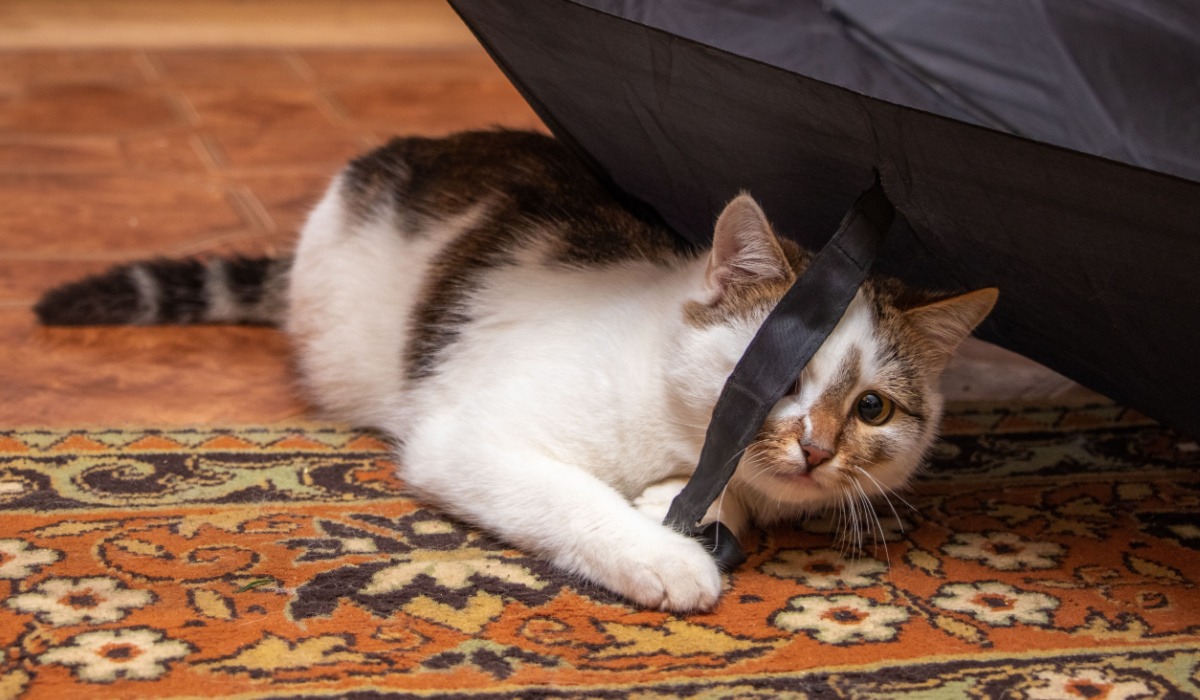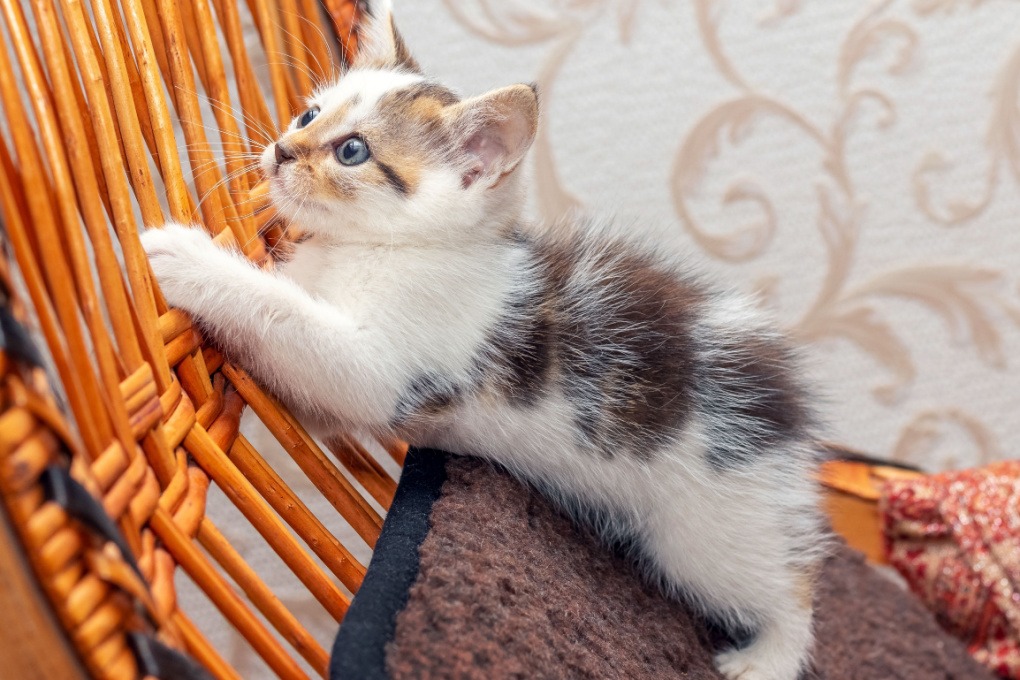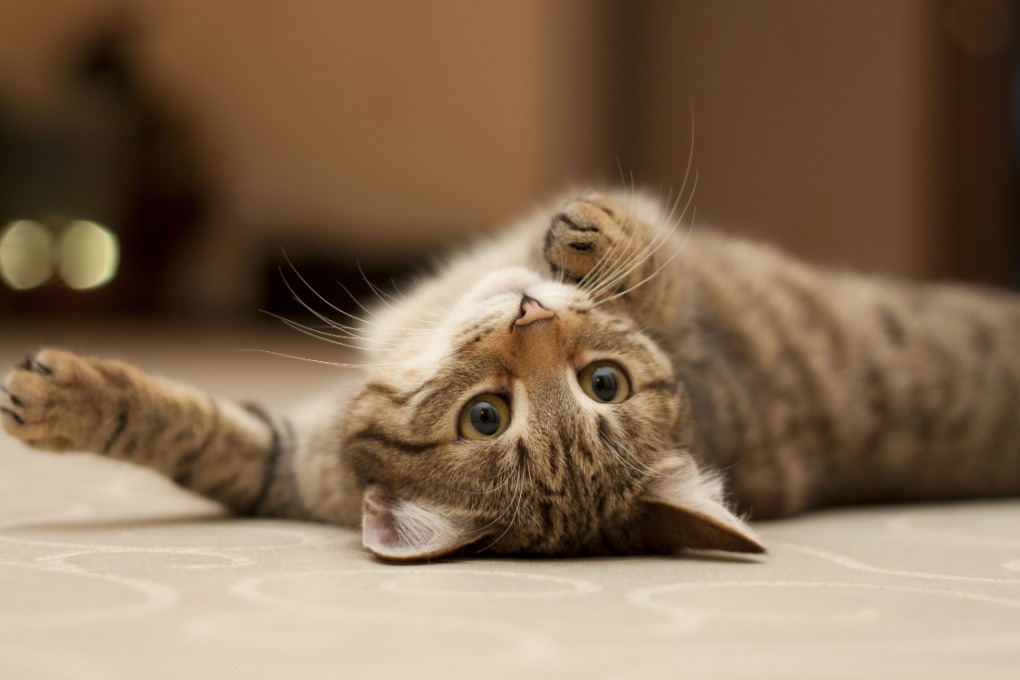Should I take my cat to the vet if the restlessness persists?
If you’ve tried all of the above and your feisty feline is still not settling down, then now’s the time to bring in the professionals.
Remember, though, taking your cat to the vets can be a stressful experience in itself, especially for felines of a nervous disposition.
You will want to make the journey as pleasant as possible for them, which means using a carrier they are comfortable with.
Try and create positive associations before you have to use it for a trip out.
Leave the carrier out around the house. Let them play with it, explore it in their own time.
When it comes time to go to the vets, place your cat’s bedding in there, along with one of their favourite toys. A couple of treats – healthy ones – certainly won’t do any harm either.
Drive slowly and carefully, and don’t panic or get angry, if your feline acts out. Patience is your best friend when dealing with cats and carriers.
Tender, loving, care
We only want what’s best for our felines.
Seeing them stressed out or restless, therefore, can be an extremely worrying sight for any pet parent.
The good news is that, in most cases, a bit of TLC will more than likely have them resting and relaxing in no time at all.
If you do think there’s something more sinister at play, do not hesitate to contact your vet.




